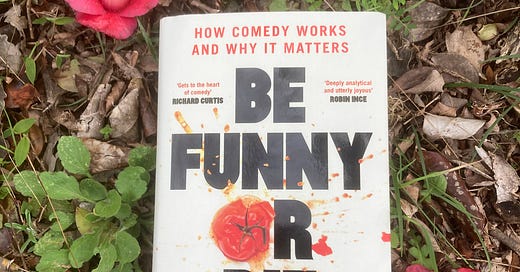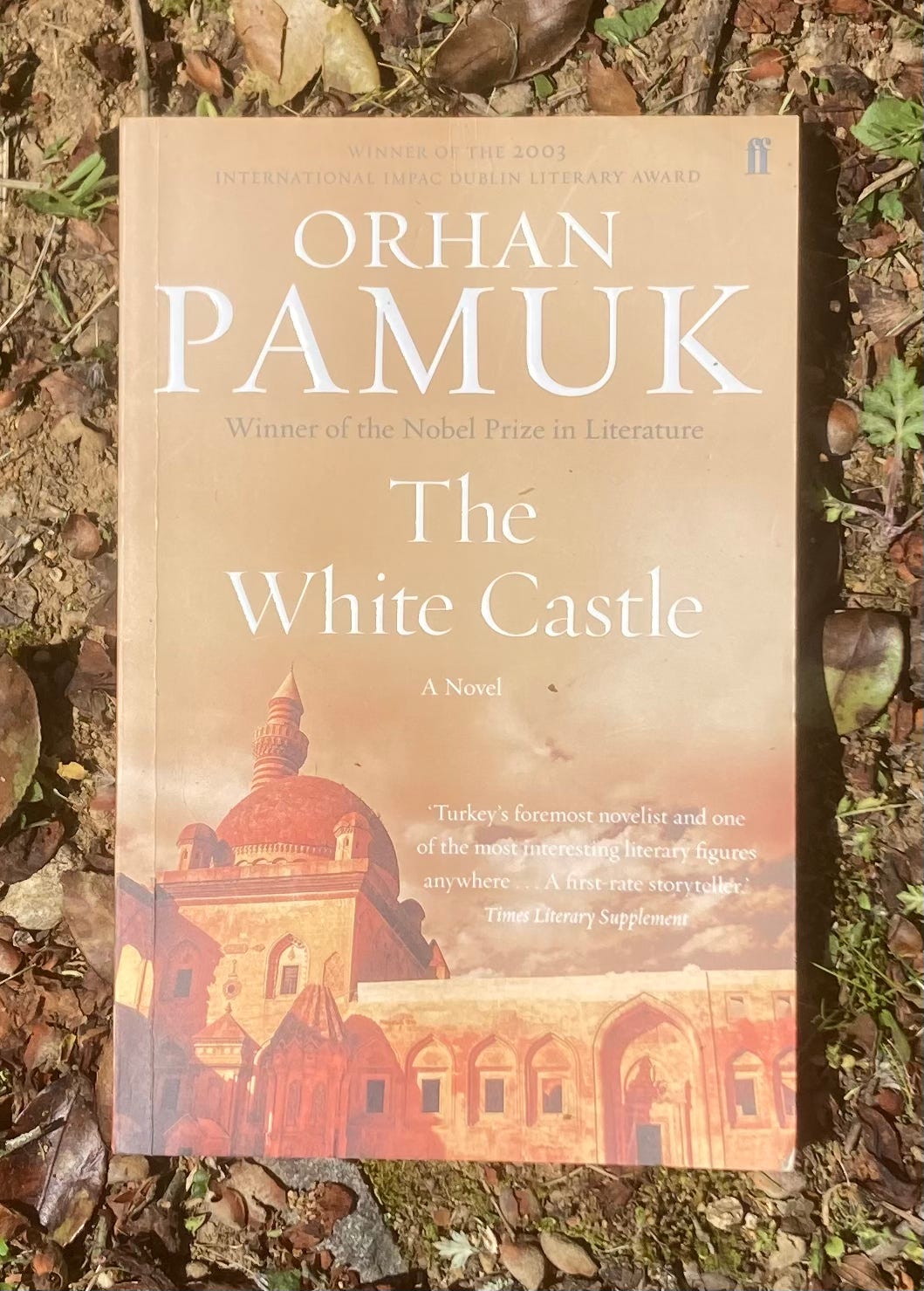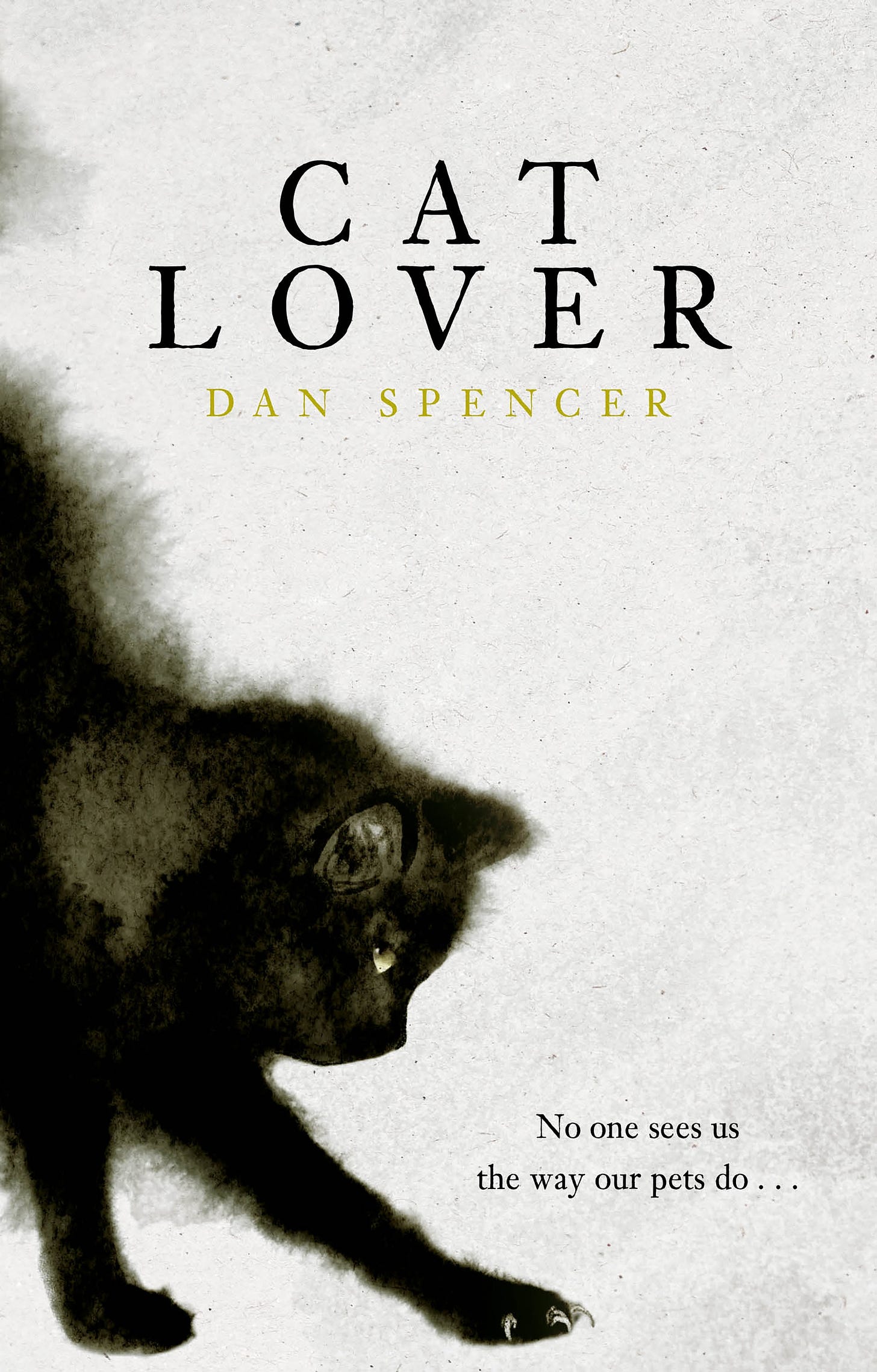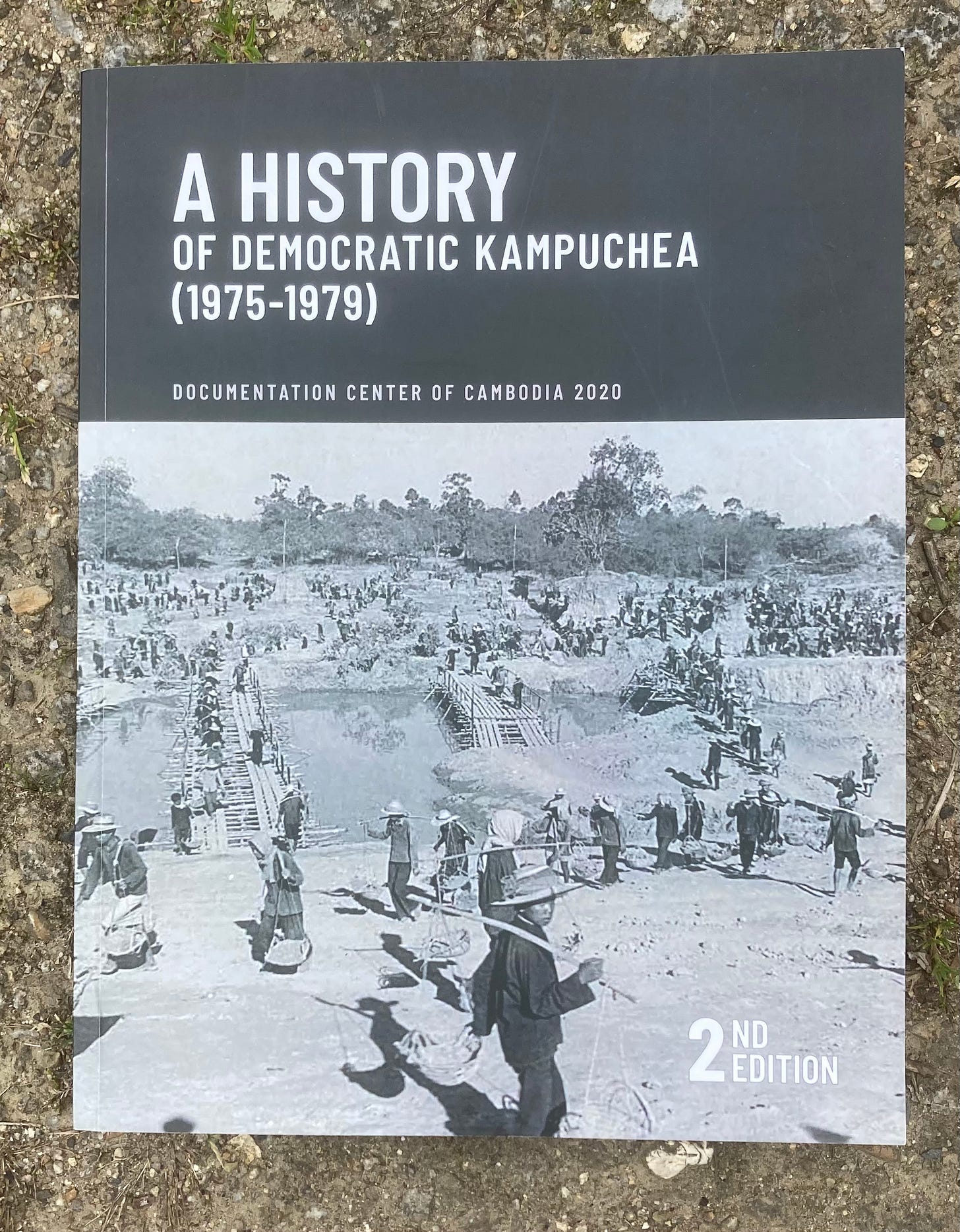April Reads
Joel Morris is a British comedy writer (That Mitchell and Webb Look, Charlie Brooker’s Screenwipe, the Paddington movies) and the host of two of my favourite podcasts: the sadly defunct Rule of Three (with Jason Hazeley) and Comfort Blanket. So when I learned that he was writing a book about how comedy works, I was all in. It’s a great read, and goes through the history and theories of why humans laugh and how comedy evolved from a sociological standpoint. It also dives into how comedy works on a structural level. I could have done with an exploration of how this plays out in practice using some of Morris’s own scripts, but I guess on a subject this big he had to draw the line somewhere. I am fascinated by the mechanics of comedy, and have Adam Bloom’s Finding your Comic Genius on the shelf waiting for me. If you too are into nerding out about why those words, in that order, are funny, this is one for you.
Later this year we’re heading to Turkey for the first time, so in preparation I’m catching up on the Pamuk books I haven’t read yet. Weirdly I’d never read his first novel (and his shortest, which for Pamuk is a major consideration). I can’t say I loved it. The world he creates is compelling, and the prose, as always, is sumptuous, but I found myself not really caring what happened to either the protagonist or antagonist which is a problem since their relationship is the entire novel. The ending too was very clearly signposted even though it seemed to be presented as a twist. Pamuk would go on to much greater things but I don’t think I’ll be revisiting The White Castle in a hurry.
This was an advance copy from the publisher, Atlantic Books, that came with a request for a blurb that I was very happy to supply. Dan Spencer has been published a few times in Gutter, always a good sign, and lived in Japan for a bit though that doesn’t feature in this novel (because the world doesn’t need another book about cats in Japan). Told partly from the perspective of a pet cat (always a tricky proposition but Spencer handles it brilliantly), it tells the story of Ivy, a doctor suffering through waves of grief, as she tries to rebuild and rebound with the help of Grant, a geologist at the local university. The storytelling is sparse, the prose powerful, at times funny, at times heartbreaking, exactly what literary fiction should be. Great stuff, out in September.
When I was in Cambodia in February I picked up a couple of history books to fill in the gaps in my knowledge of the worst period of their history. I went to S-21 when I was in Phnom Penh—S-21 was a school turned into a prison where literally thousands were tortured and executed by Pol Pot’s regime—and bought this as I was leaving. It is such powerful, harrowing stuff that I couldn’t read more than a few pages at a time, struggling to take the reality of it all in. That people could unleash such violence on their fellow countrymen—in some cases friends and family members—and do such damage in such a short space of time I find simply baffling. It’s even more unbelievable because my experiences in Cambodia are of lovely, warm, friendly, welcoming people. That this brutality could have happened in living memory is beyond my comprehension. This book doesn’t help answer those questions but it does put it all in some context.
Finally, I got a very advance copy of a new Callum McSorely novel, and it’s brilliant. Callum won awards for his debut, Squeaky Clean and I’m sure will pick up more for the follow up. More when it’s not embargoed.







